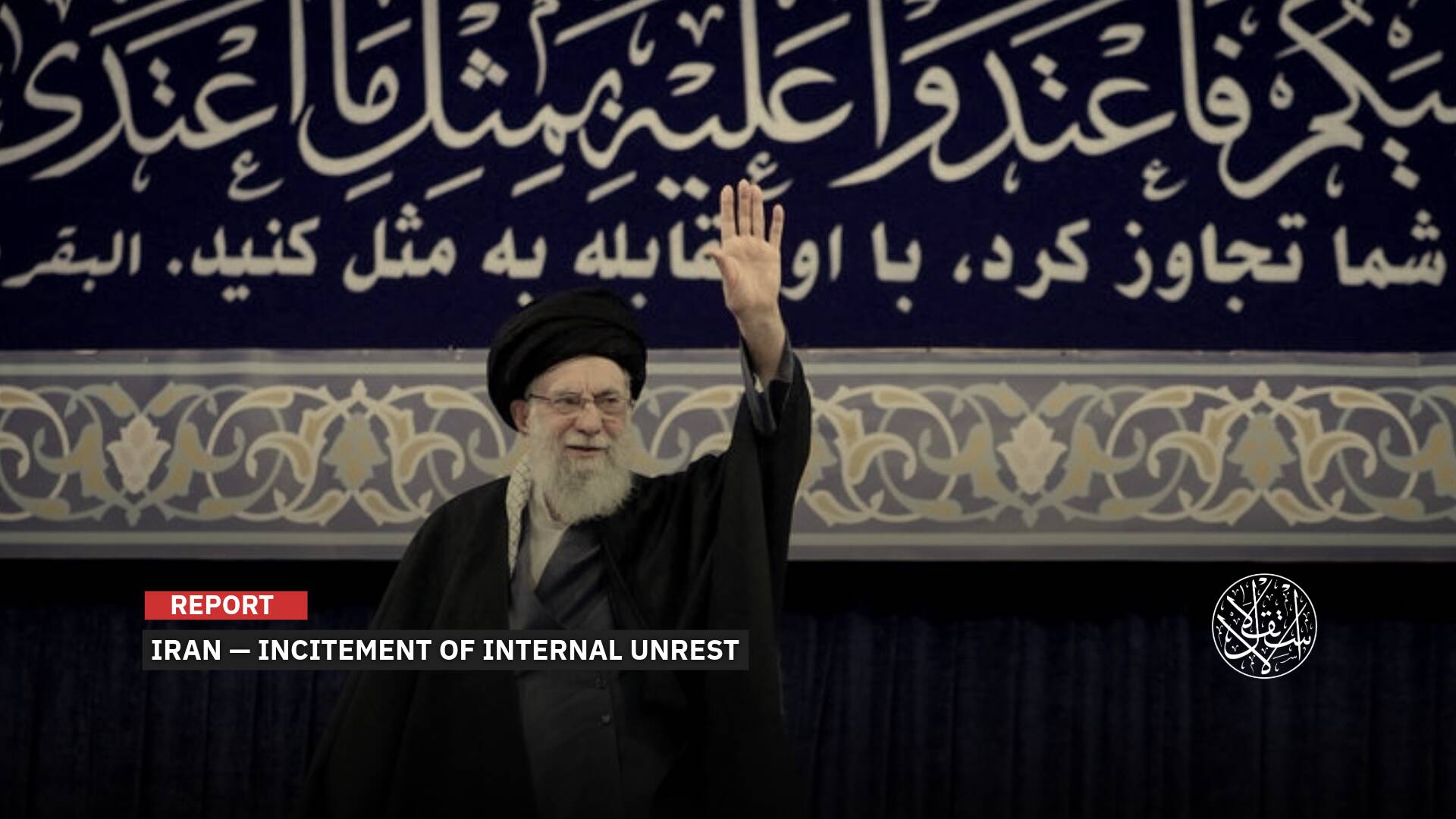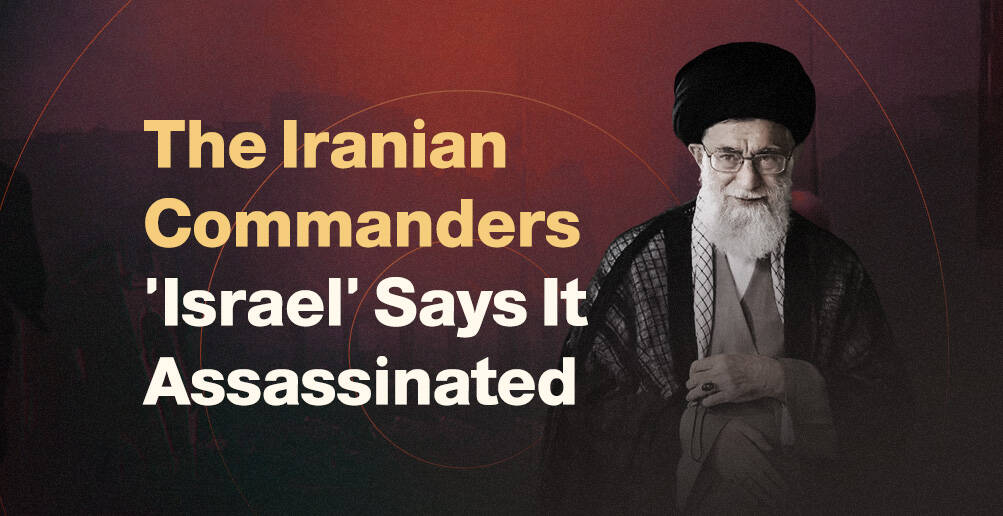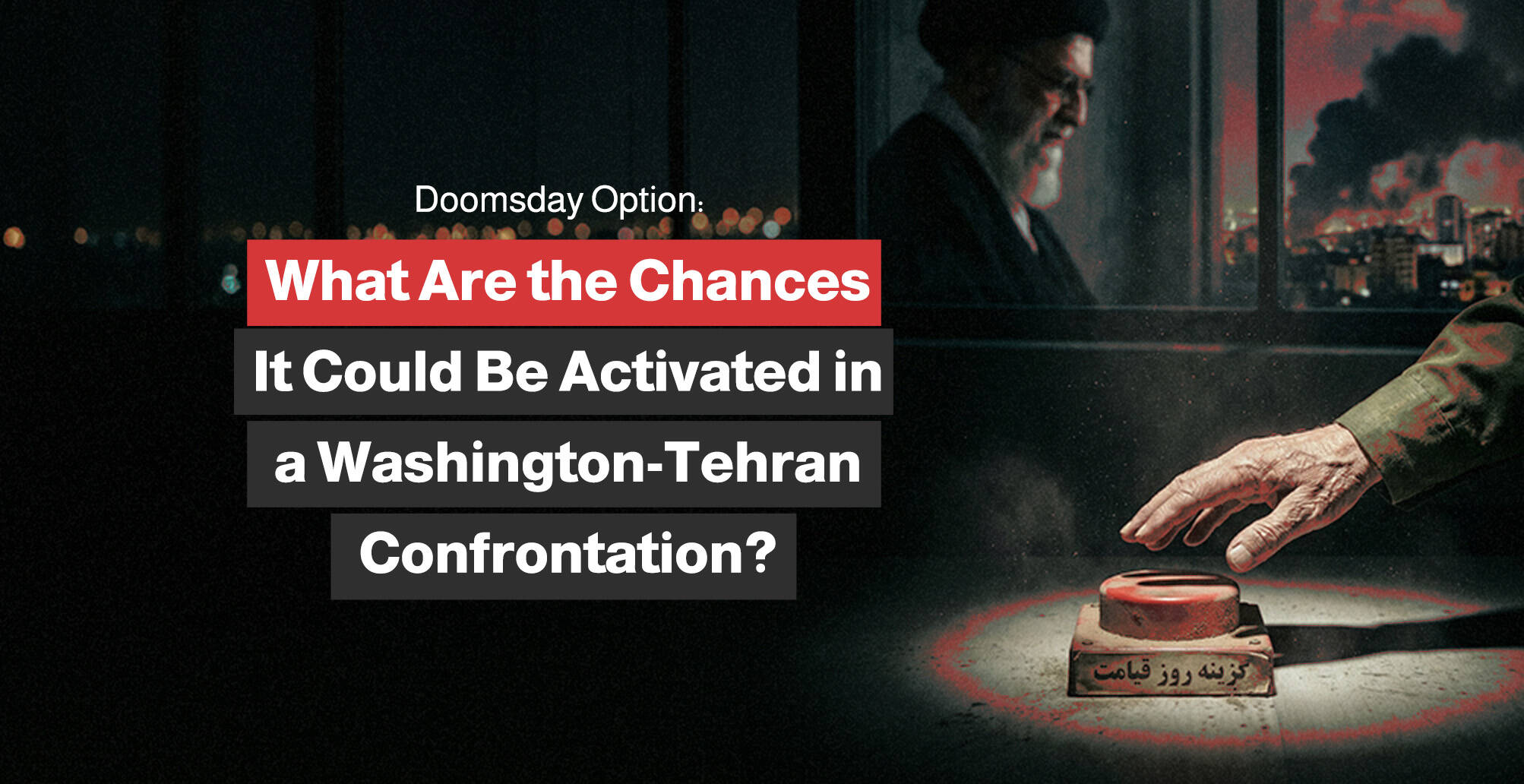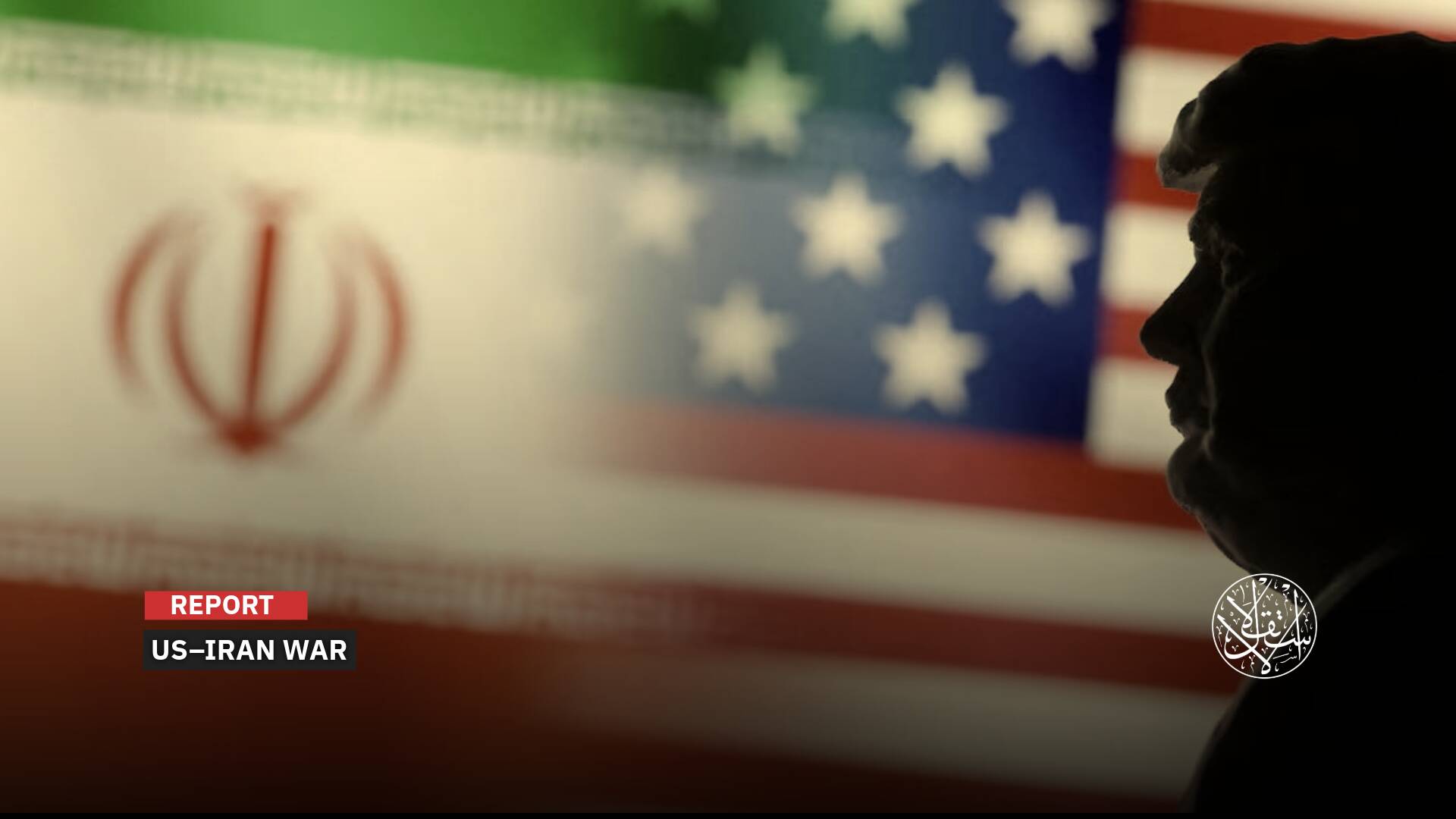Robert Jenrick’s Controversial Remark: How Anti-muslim Bigotry Became Common in Britain

“Labour is considering introducing the first formal definition of Islamophobia.”
A former British minister and Conservative leadership candidate has been heavily criticised by many Muslim politicians and activists for calling for the immediate arrest of protesters chanting ‘Allahu Akbar’ in the street.
Britain has witnessed racist and anti-Islam attacks over the past two weeks in cities and towns across the country, including attacks on mosques and violent assaults on individuals.
British-Israeli writer Jonathan Cook pointed out that British Prime Minister Keir Starmer has played a significant role in fueling the anti-Muslim atmosphere in Britain, which has created a fertile environment for the emergence of the far-right and its control over the streets of some cities in Britain.
Cook cited Starmer’s election campaign before he became Prime Minister, where he adopted policies similar to the Conservatives regarding the issue of illegal immigration, in addition to plans to establish law and order.
He believes that the current Labour leader was not the first to champion anti-Muslim policies in the Labour Party, noting that he followed in the footsteps of his mentor Tony Blair years ago, when campaigns began to question the patriotism and loyalty of British Muslims, in addition to accusing them of sympathizing with terrorism.
Jenrick's Racism
Prominent Conservative MP Robert Jenrick spoke about allegations, denied by the police, that the far-right riots that have taken place in the UK over this month were dealt with more harshly than other recent unrest, such as protests against the war in Gaza.
Jenrick served as immigration minister from 2022 to 2023 in Rishi Sunak's government and is now running to be the next party leader.
In an interview on Sky News on August 7, the politician was asked whether there was a two-tier policing in the UK, referring to the widespread idea in sections of the British right that police treat white people more harshly than ethnic minorities.
Jenrick responded by criticising the police’s dealing of pro-Palestinian protests since October 7.
“I thought it was completely wrong for someone to chant Allahu Akbar on the streets of London and not be arrested immediately, or to chant genocide slogans at Big Ben and not be arrested immediately,” he said.
Jenrick’s comments on the phrase ‘Allahu Akbar’ were met with fierce criticism from across the British political spectrum, including from within his own party.
Mel Stride, a Conservative Party leadership candidate, accused his rival of being unwise and insensitive about the Arabic phrase, which means ‘God is Great’.
Deputy Prime Minister Angela Rayner accused the former immigration minister of provoking the riots that have swept the UK over the past week with his controversial comments, which have seen violence targeting mosques and hotels housing asylum seekers.
“There can only be a hint of threat in the use of these words in the rarest of circumstances. Clearly, context is very important here,” Rayner said.
Responding to Rayner’s comments, Jenrick’s spokesman said: “Robert has condemned all forms of lawlessness in the strongest possible terms, whether it be the far-right or the retaliatory violence of sectarian mobs.”
“We have yet to see a single Labour politician do the same. The country needs strong leadership, not timidity,” he said.
Muslim politicians have also criticised the former Conservative minister, who is one of six candidates to be the next party leader, accusing him of Islamophobia.
Labour MP Afzal Khan said “Allahu Akbar was the Islamic equivalent of Hallelujah,” while his colleague Naz Shah said the phrase was used by every Muslim in the world during prayer and that Jenrick should apologise and speak to Muslim communities.
Similarly, Muslim MP Apsana Begum said: “Islamophobia and racism is so entrenched, it goes unchallenged.”
Following the backlash, the former immigration minister doubled down on his efforts by posting a video on X of a march through Bolton with chants of ‘Allahu Akbar’, in an attempt to justify his remarks rather than apologise to other senior Conservatives.
“Allahu Akbar is spoken peacefully and spiritually by millions of British Muslims in their daily lives. But the aggressive chanting below is intimidatory and threatening. It’s an offence under Section 4 and 5 of the Public Order Act,” he added.
Baroness Sayeeda Warsi, a former Conservative minister, addressed Jenrick directly on X, saying: “No Robert, you do not get to go on national broadcasters and say one thing and try and pretend you said something else!”
She added: “If you genuinely feel your comments on @SkyNews were inappropriate, offensive, incendiary and anti-Muslim (which they were) then start by apologising.”
Former Conservative foreign secretary Lord Ahmad said the comments fuelled Islamophobia at a time when sectarian tensions were high, adding: “Don’t try to justify your comments – just apologise!”
Jenrick also faced criticism from Muslim organisations, with the Muslim Council of Britain (MCB) saying his comments only showed that institutional Islamophobia was alive and well in the Conservative Party.

Anti-Muslim Bigotry
In the same context, The Guardian said that the British right is undoubtedly guilty of spreading bigotry against Muslims, but the ruling Labour Party has a responsibility to cleanse society of the dangerous cancer of hatred against Muslims, adding that it will not succeed in doing so before looking within its ranks.
The newspaper explained — in an article by Owen Jones — that the party had sown division during the years of former Prime Minister Tony Blair's rule, and that the stigma of bias still exists in it according to its Muslim members.
In the campaign of Phil Woolas, the Labour Party's Immigration Minister under Gordon Brown in 2010, there was a leaflet asking voters to stand with their candidate and warning of the victory of extremists, accompanied by pictures of angry Islamic protesters holding signs such as ‘Behead those who insult Islam’.
In response to the question of how bigotry against Muslims became widespread and acceptable in Britain? The writer replied that there are clear culprits, as the fierce right-wing press portrays Muslims as a dangerous enemy within, and Muslim migrants and refugees as hostile invaders, and thus the Conservatives have created an Islamophobic cesspit.
Under Keir Starmer’s current leadership, many Muslims felt they had received a negative message when the broadcaster Trevor Phillips was readmitted after being suspended by the party under Jeremy Corbyn for describing Muslims as a nation within a nation.
In 2020, the Labour Muslim Network found a quarter of Muslim members had directly experienced Islamophobia in the party.
In 2022, almost half of them said they believed Starmer had dealt with Islamophobia very badly.
More recently, when local councillors, mostly Muslims, quit Labour over their categorical rejection of the party’s stance on Israel’s genocide in Gaza, one official told the party he had thrown out the fleas.
Some Labour members have also been involved in demonising the Gaza protesters as a dangerous crowd.

Extremist Discourse
The Prime Minister is considering introducing the first formal definition of Islamophobia, which he pledged to do in opposition.
Under the wording drawn up by Labour it would be defined as a type of racism that targets expressions of Muslimness or perceived Muslimness.
Fayad Mughal, founder of the Tell MAMA anti-Muslim hate monitoring project, told Times Radio: “There should be a definition of Islamophobia, but it must be in accordance with the current and existing laws.”
“The proposed definition is now too broad and has no real value, and appears to be intended to restrict freedom of expression,” he added.
Senior Conservatives have warned that such a definition of Islamophobia could be used to stifle legitimate criticism of Islam.
A government spokesman said: “We will take into account a range of views and outline any updates on the Government’s position in relation to this in due course.”
The Conservative government had previously refused to adopt the definition of Islamophobia, proposed by the All-Party Parliamentary Group on Muslims in Britain, arguing that it would confuse criticism of Muslims as people with criticism of Islam as a religion itself.\

In turn, writer Mustafa Almosa told Al-Estiklal that “the real causes and backgrounds of violence in Britain are multiple, the most important of which is the hate speech targeting Muslims and immigrants promoted by anti-Muslim media and Islamophobic groups.”
“Misconceptions and racism have contributed to the strengthening of the extremist nationalist discourse that plays on the weaker classes among British nationalists,” he said.
“Added to this is the influence of the lobbies hostile to the Palestinian cause, which exploit such events to incite feelings of anger and hatred against Muslims,” Mr. Almosa concluded.
Sources
- Robert Jenrick criticised for saying people shouting ‘Allahu Akbar’ should be arrested
- Textbook Islamophobia: Row erupts as Jenrick says people shouting Allahu Akbar should be immediately arrested
- The Tories have created an Islamophobic cesspit – but Labour must share some of the guilt
- Starmer's fingerprints - not just the Tories' - are all over Britain's race riots
- Labour’s definition of Islamophobia could give oxygen to far Right, says Muslim campaigner











